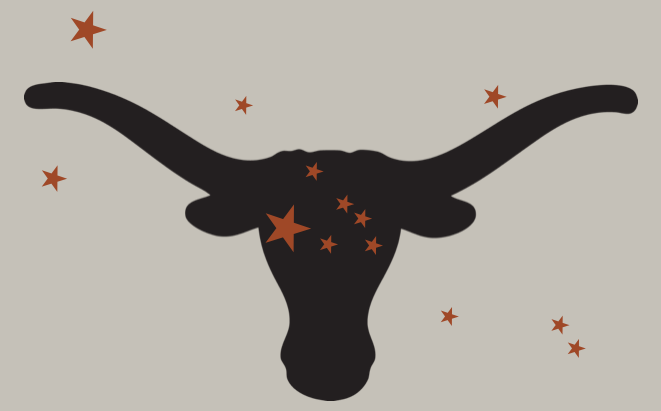What is the AAS?
The AAS (American Astronomical Society) is an organization that you may have heard of in the context of their bi-anual meetings. They host both winter and summer meetings that cover all disciplines in astronomy. These meetings are attended by thousands of astronomers at different stages in their careers (everyone from undergrads to senior faculty), and you will get to attend one in January 2017. These events are great for networking, meeting with collaborators, hearing diverse science talks, presenting the science you have done, and reconnecting with your peers.
In addition to hosting meetings, the AAS works to help advance the careers of astronomers around the world. They have many career resources on their website including a list of graduate astronomy programs in the US, advertisements for internships, and the AAS Job Register. You should take some time to explore their website and explore the many resources they have to offer.
What to expect at the AAS meeting:
Throughout the meeting there are poster sessions, oral sessions, plenary sessions, town halls, and miscellaneous workshops. This may seem a bit overwhelming, but all of this (including a convenient block schedule) will be given to you in a booklet when you get to the meeting.
Poster Sessions: A large poster hall is set up with rows of posters arranged by topic. Those presenting posters stand by their poster to take questions (you will do this on the day you are presenting). Feel free to go up to presenters, read their poster, and ask questions! The poster hall can be a bit intimidating, and it is a good idea to glance through the poster titles (in the meeting booklet) before going to the poster hall. That way you have a better sense of what you are going to see. If you are applying to grad school, the poster hall is a great place to introduce yourself to faculty and grad students from institutions you are applying to. It is always great if they can put a face to an application.
Oral Sessions: Each day of the meeting there are morning and afternoon oral presentations. These are held in smaller rooms throughout the meeting venue, and there are usually up to 16 rooms hosting these talks at once. Each room has talks under different topics. Throughout the hour and a half oral session, multiple astronomers will give 5 minute talks about their work followed by questions. Just like with the poster sessions, plan in advance for these to find a session that interests you. If you are interested in more than one session, feel free to split your time between them. You should also try to go to at least one session in a field that is different than your own.
Plenary Sessions: These are held multiple times throughout the day in a large hall and are always given by invited speakers. In the plenary sessions, you will get to hear from the leaders in different fields about major advancements in astronomy. These talks are roughly an hour and have some time for questions at the end. You should try to attend as many of these as you can.
Town Halls: These sessions will probably not be relevant at all to your research or career development, but it is still a good idea to attend at least one. During these sessions members of the community discuss everything from budgets to the planning and status of space missions. Who knows, you might get some insider info about your favorite new telescope!
Workshops: Several workshops are held both before and during the meeting. These change from meeting to meeting, but in the past there have been sessions on topics such as astronomy education and software development. When you register for the meeting, you will have an opportunity to register for any of these pre-meeting workshops. During the meeting, there are usually drop-in sessions on career development that are geared towards postdocs, grad students, and undergrads. These generally focus on writing CVs, networking, and interviewing skills.
Before attending your first AAS meeting, you should read this great blog post by Jason Wright, a professor at Penn State, that gives some advice about what to expect and how to get the most out of the meeting.

